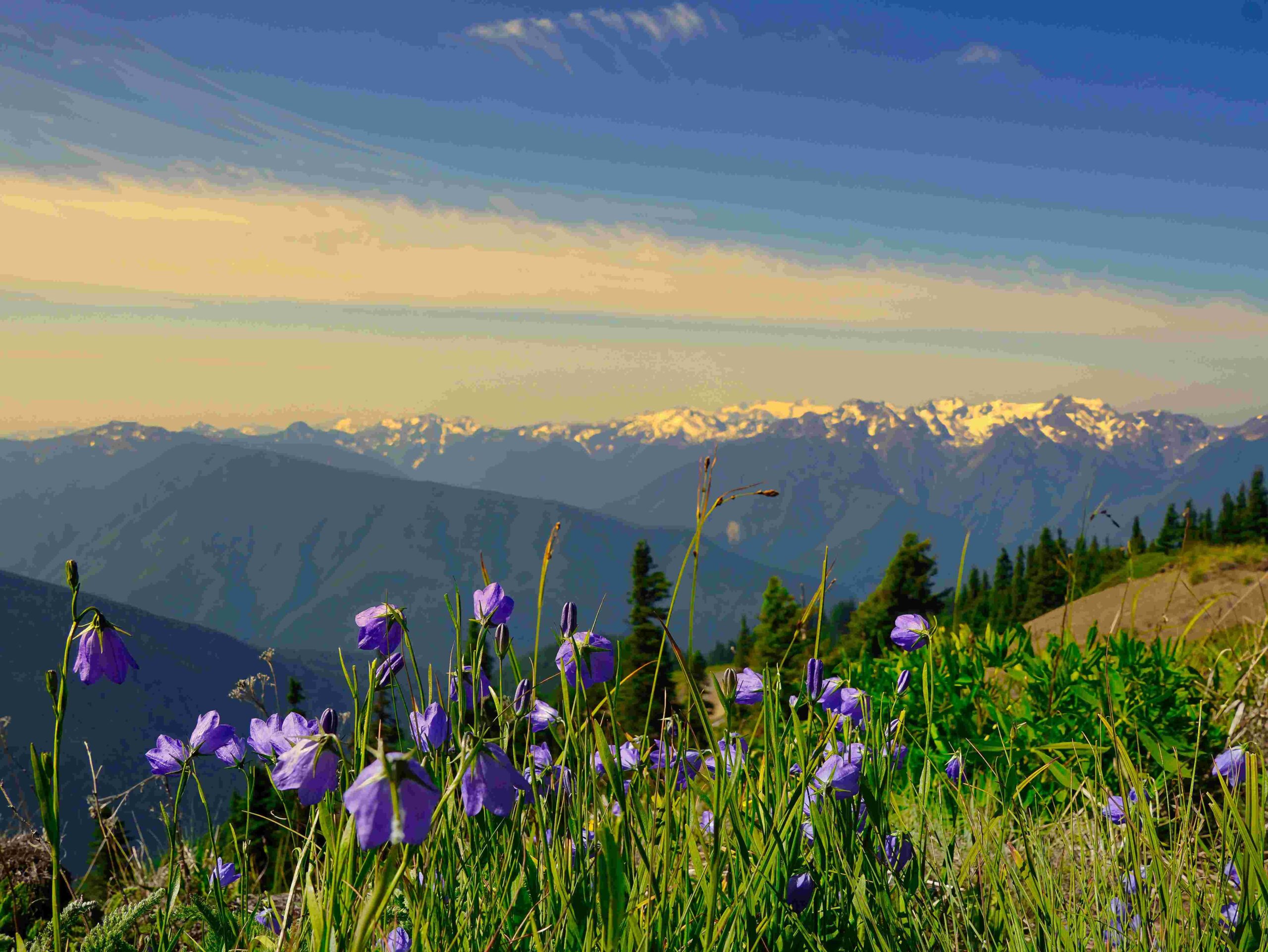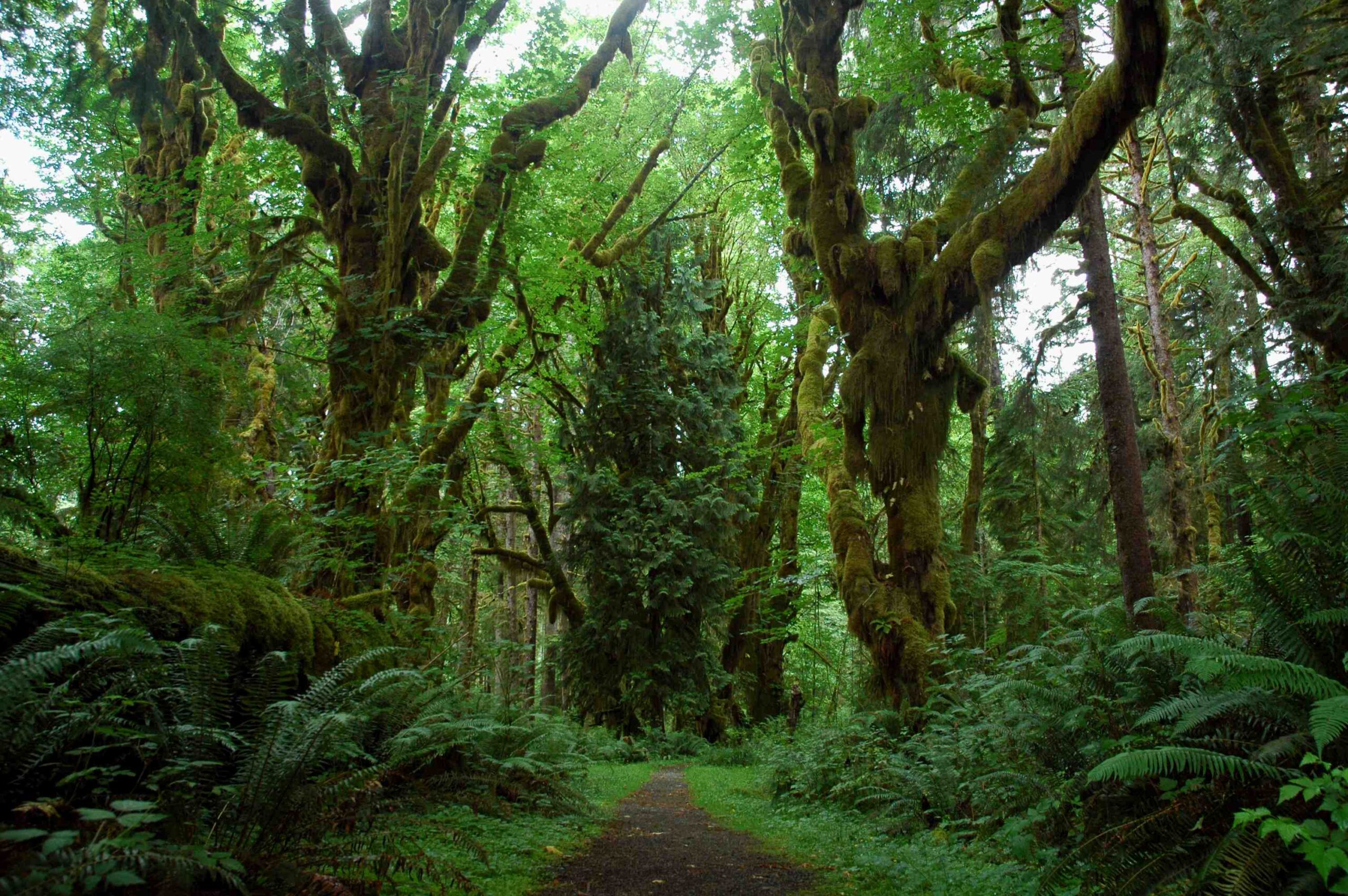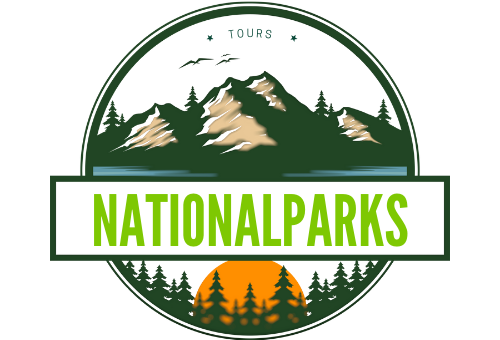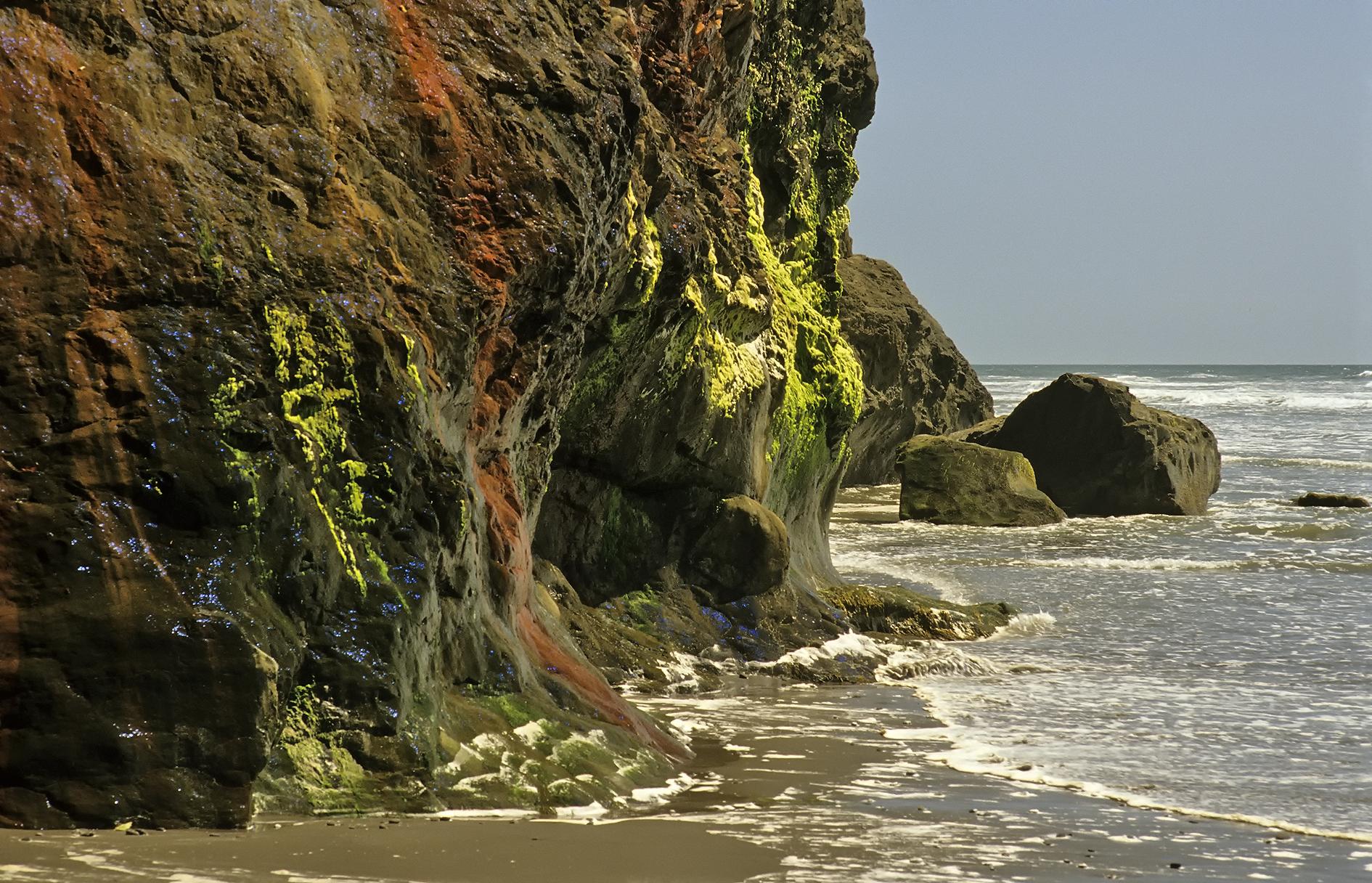Hurricane Ridge in Olympic National Park is a birdwatcher’s paradise, offering diverse habitats and stunning vistas. From subalpine meadows to alpine tundra, this area supports a rich variety of avian species. Resident birds like Steller’s jays and varied thrushes coexist with migratory visitors such as American pipits and horned larks. The ridge’s unique ecosystem, spanning elevations from 5,200 to 7,000 feet, provides an ideal setting for observing both year-round inhabitants and seasonal travelers against a backdrop of breathtaking mountain scenery.
Hurricane Ridge is home to a diverse array of bird species, both resident and migratory. Here’s a breakdown of what you might encounter:
Resident Birds

- Steller’s jay
- Gray jay
- Varied thrush
- Winter wren
- Ruffed grouse
Migratory Visitors

- American pipit
- Horned lark
- Various warbler species
- Woodpeckers
- Sparrows
During spring and fall migrations, you may also spot raptors such as hawks and eagles soaring overhead.
How Does the Habitat at Hurricane Ridge Support Bird Diversity?
The unique environment of Hurricane Ridge contributes significantly to its avian diversity:
- Elevation Range: 5,200 to 7,000 feet
- Habitat Types:
- Subalpine meadows
- Old-growth forests
- Alpine tundra
This variety of habitats supports different bird species adapted to specific environmental niches. The subalpine meadows, with their wildflowers and shrubs, attract seed-eating birds and insectivores. The old-growth forests provide nesting sites for woodpeckers and owls, while the alpine tundra hosts hardy species like ptarmigans.
What Facilities Are Available for Birdwatchers at Hurricane Ridge?
Birdwatchers visiting Hurricane Ridge can take advantage of several amenities:
| Facility | Description |
|---|---|
| Parking | Large parking area at the Hurricane Ridge Visitor Center |
| Accessibility | Paved paths and boardwalks for visitors with mobility issues |
| Guided Tours | Available during events like the Olympic Peninsula BirdFest |
| Visitor Center | Provides information, maps, and sometimes binocular rentals |
It’s important to note that while the park has an entrance fee, guided tours may have additional costs. Check the Olympic National Park website or local birding organizations for schedules and pricing.
What Challenges Might Birdwatchers Face at Hurricane Ridge?
While Hurricane Ridge offers exceptional birdwatching opportunities, it also presents some challenges:
- Unpredictable Weather:
- Strong winds
- Heavy snowfall in winter
-
Frequent fog
-
Seasonal Access Limitations:
- Winter road closures due to snow
-
Summer crowds potentially affecting birdwatching quality
-
High Elevation Effects:
- Thinner air may affect some visitors
- Rapid weather changes common at higher altitudes
To overcome these challenges, birdwatchers should:
– Dress in layers and bring appropriate gear
– Check weather and road conditions before visiting
– Carry water and snacks
– Use sunscreen, even on cloudy days
– Respect wildlife and maintain a safe distance
How Can Birdwatchers Maximize Their Experience at Hurricane Ridge?
To make the most of your birdwatching trip to Hurricane Ridge:
- Timing is Key:
- Visit during spring or fall migrations for the greatest diversity
-
Early mornings and late afternoons are often best for bird activity
-
Come Prepared:
- Bring binoculars and a field guide
- Wear sturdy hiking shoes for exploring trails
-
Pack a camera to document your sightings
-
Explore Different Areas:
- Check out both meadow and forest habitats
-
Walk some of the trails leading away from the visitor center
-
Join a Guided Tour:
- Benefit from local expertise
-
Learn about the park’s ecology and conservation efforts
-
Practice Ethical Birdwatching:
- Use bird calls sparingly and responsibly
- Stay on designated trails to protect fragile alpine vegetation
- Report significant sightings to park rangers or local birding groups
By following these tips and being prepared for the unique conditions at Hurricane Ridge, birdwatchers can enjoy a rewarding and memorable experience observing the diverse avian life of Olympic National Park.
References:
1. Birdwatching in Olympic – National Park Service
2. Birds – Olympic National Park Visitor Info
3. Ultimate Olympic National Park Birding Guide – George Washington Inn

